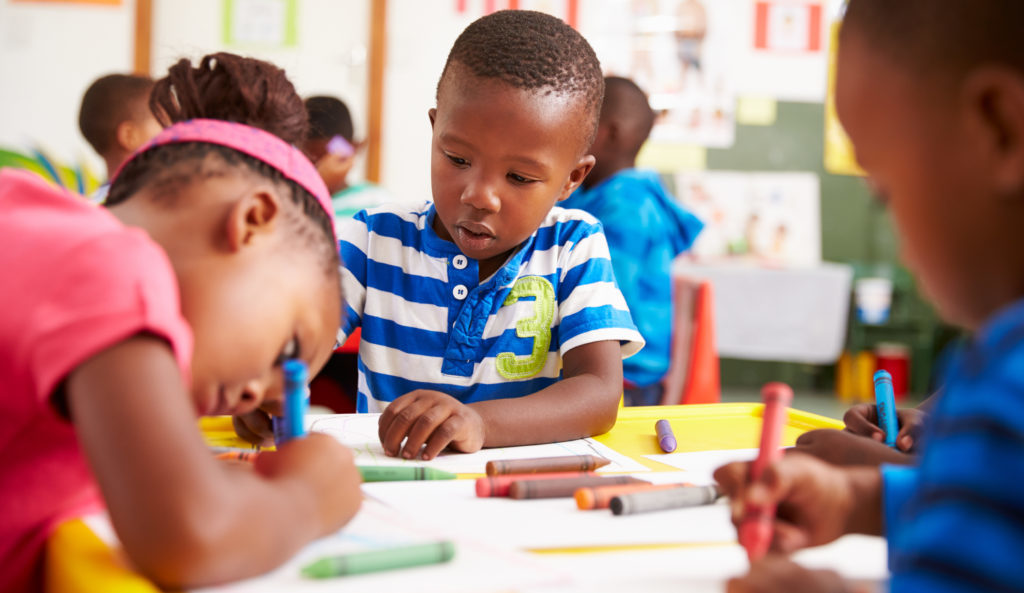
How Do Children Learn?
Children’s knowledge grows over time as they build on earlier understandings. Often children’s learning and development occur in bursts, with new skills appearing almost overnight. When children encounter new experiences, they look for information that they can use to confirm, add to, or change their ideas. However, if the new experience does not fit with what the child already knows, it stimulates him to come up with new ideas or ways of understanding. Children build knowledge by adding or adapting old ideas and putting ideas together.
Although children already have certain skills and knowledge by the time they start school, the school encourages the development of more complex skills. At school, children have new responsibilities which require them to learn to organize themselves and to prioritize important tasks. During the primary school years, children continue to have many opportunities to build on and improve their cognitive skills in the following areas:
- Language
Though learning to read at school is important for developing literacy skills, the conversation is also an important way for children to develop language skills. Conversation directs children’s attention to important details of an event or experience and so helps them learn. Language involves more than just speaking. It also includes listening to and understanding what others say, using body language and gestures.
- Attention
Learning to concentrate and to pay attention to one thing at a time for an extended period is an important foundation for children’s learning. It is normal for many young children to have difficulty focusing their attention. As they grow older, children mostly become better at selecting and focusing on the information most important to a particular task.
- Memory
Memory is crucial for learning as children need to be able to retain previously learned ideas so they can build on them. As they get older, the number of knowledge children can keep in their long-term memory increases, but the amount they can hold in short-term memory is limited. When there is a lot of information to remember, giving children a catchy saying or rhyme to tie it to can be very useful to remember certain types of information.
- Planning and problem-solving
Early in life simple planning begins and becomes more effective with age. Primary school-aged children are abler than preschoolers to plan what they will do before they act. Skills for planning and problem-solving continue to develop as children are taught at school to think through and solve problems.
- Thinking about thinking
Children’s cognitive development is boosted when they develop skills for keeping track of their own thinking processes. These skills help children to think through what to do, and know whether they are succeeding or when to ask for help. Thinking about their own thinking helps children become more independent learners.
- Understanding the views of others
With age children develop an understanding that other people have different views. Young children tend to believe that everyone thinks in the same way they do. Hearing the perspectives of others helps to stimulate children’s thinking.

